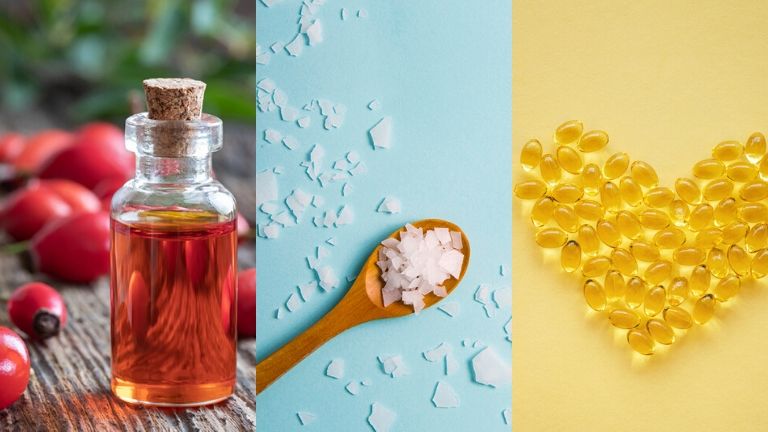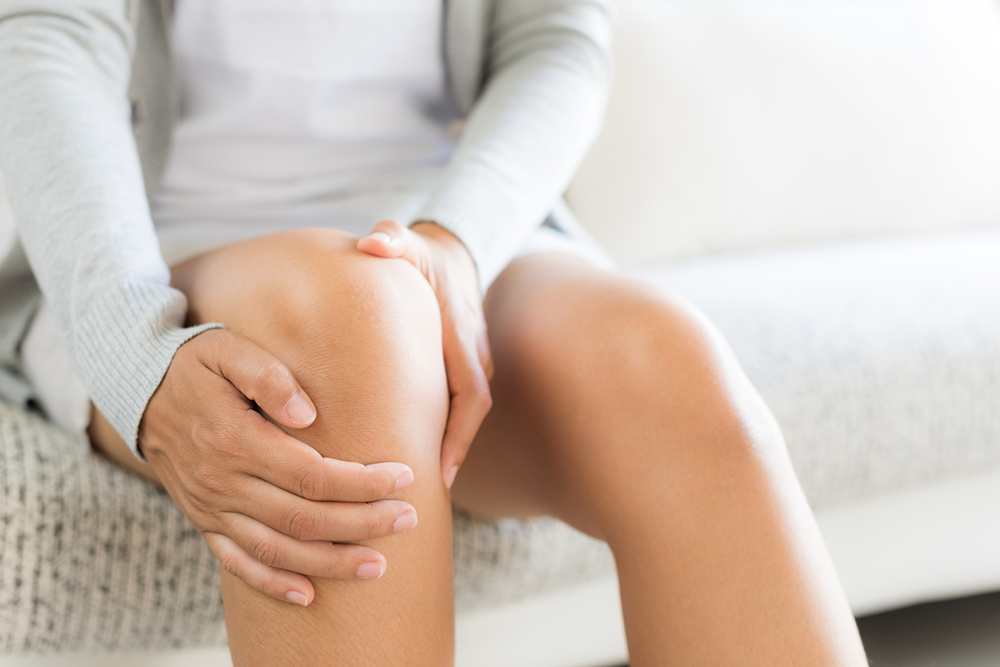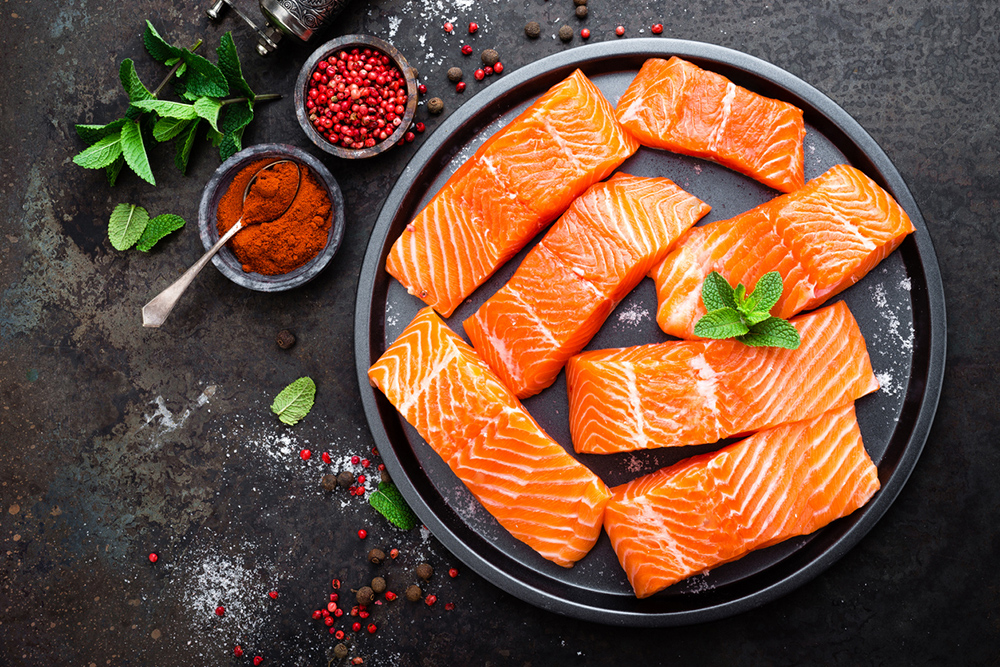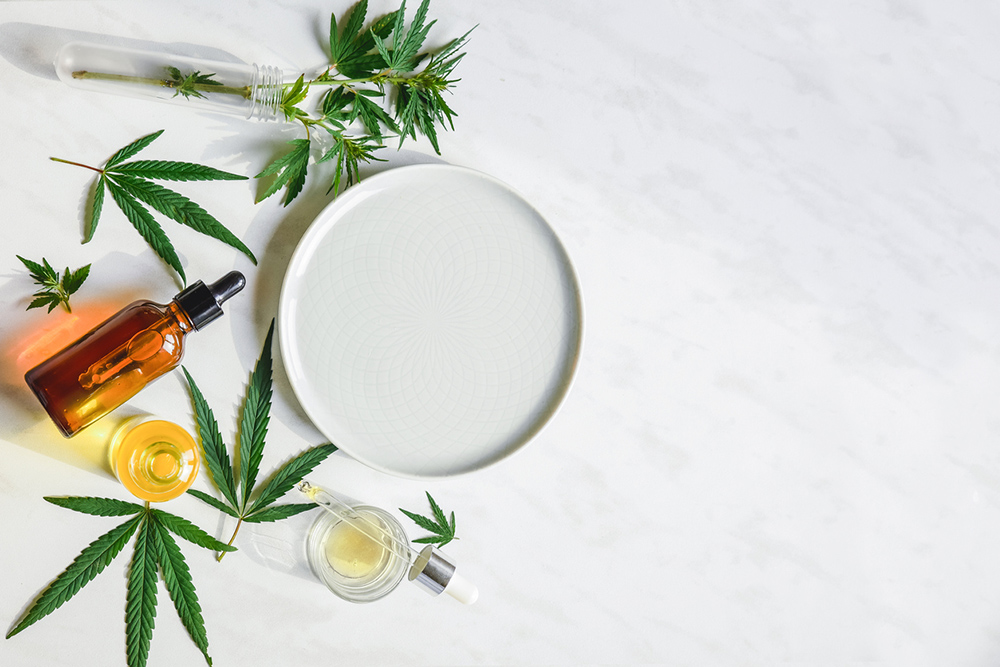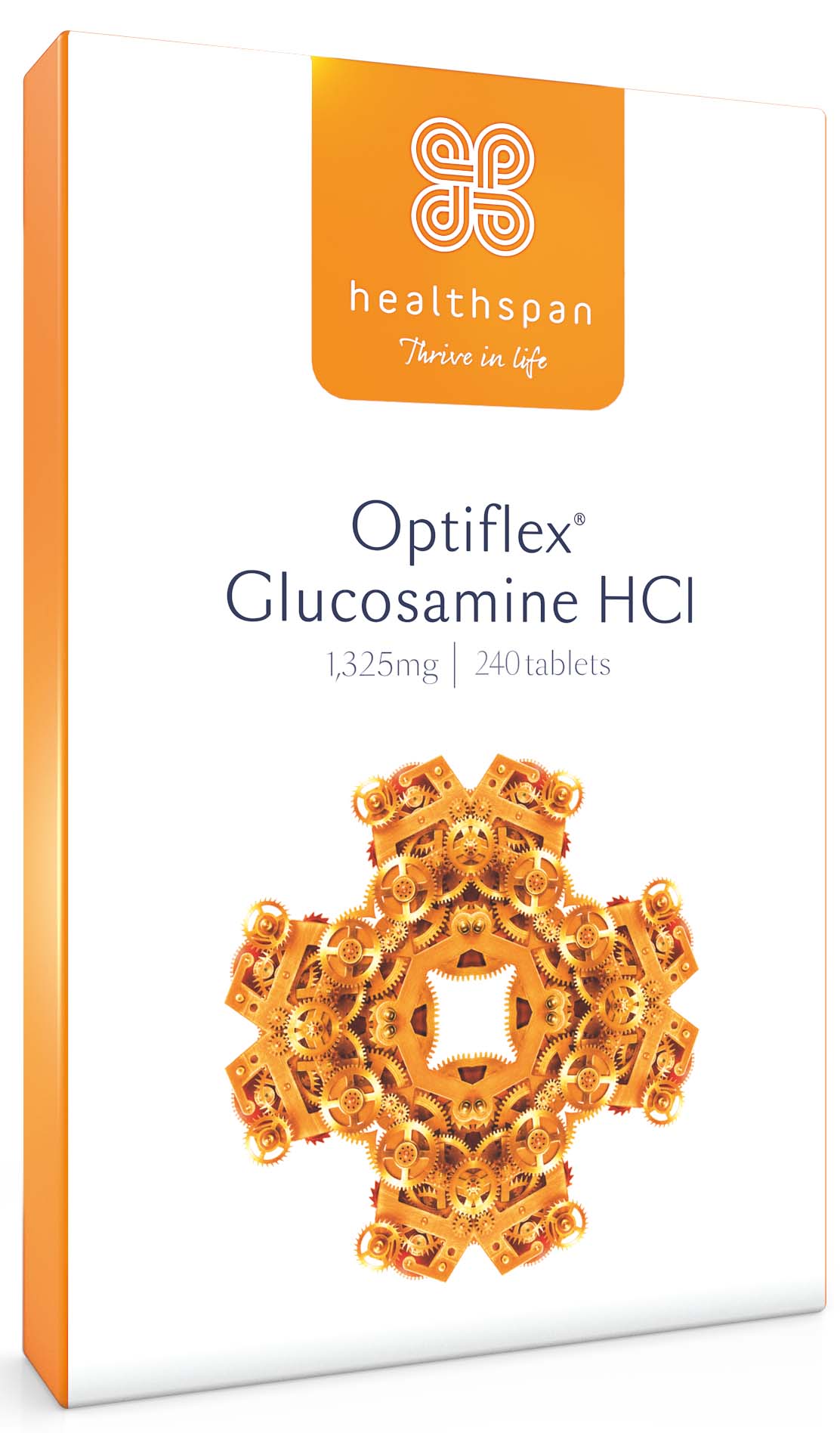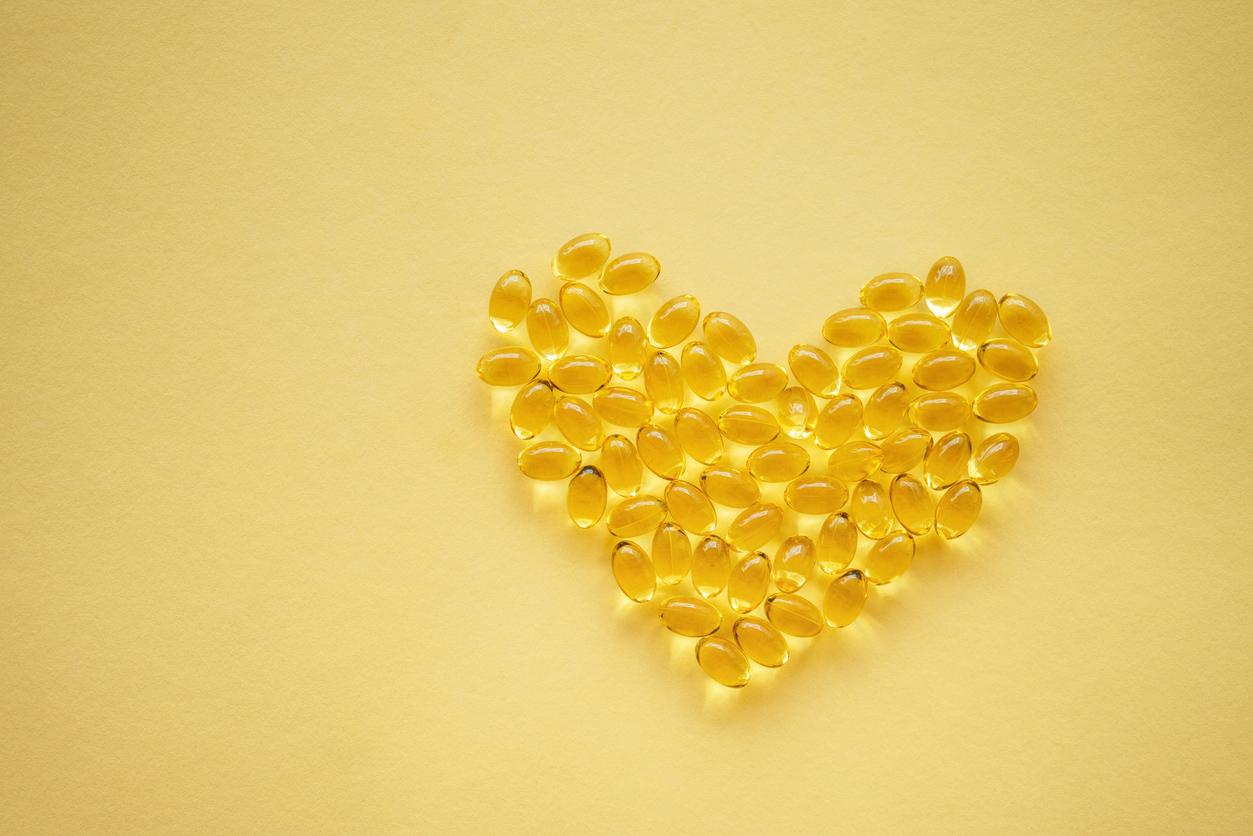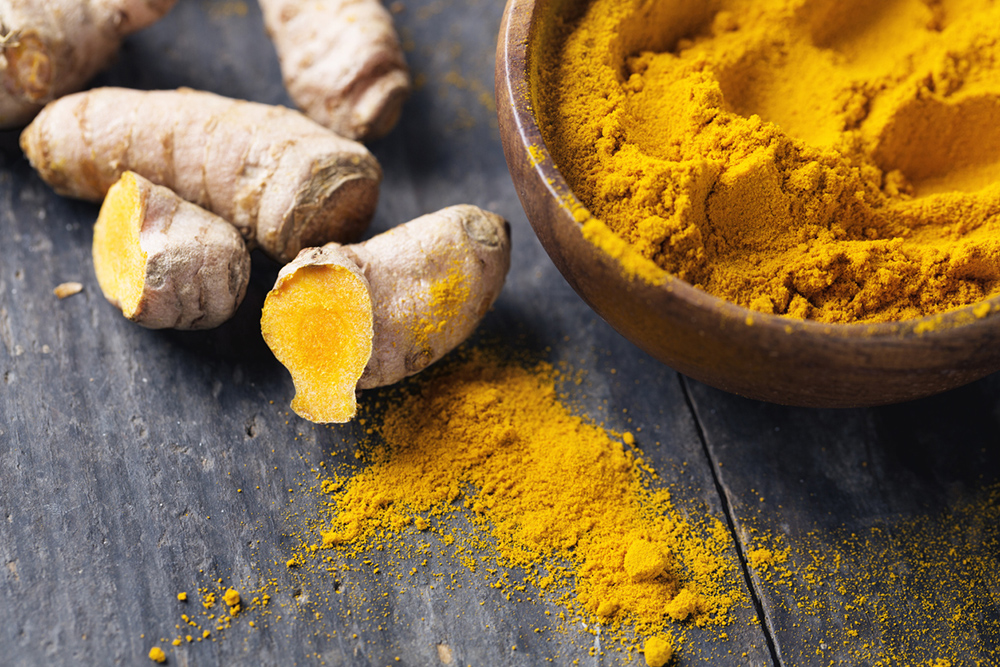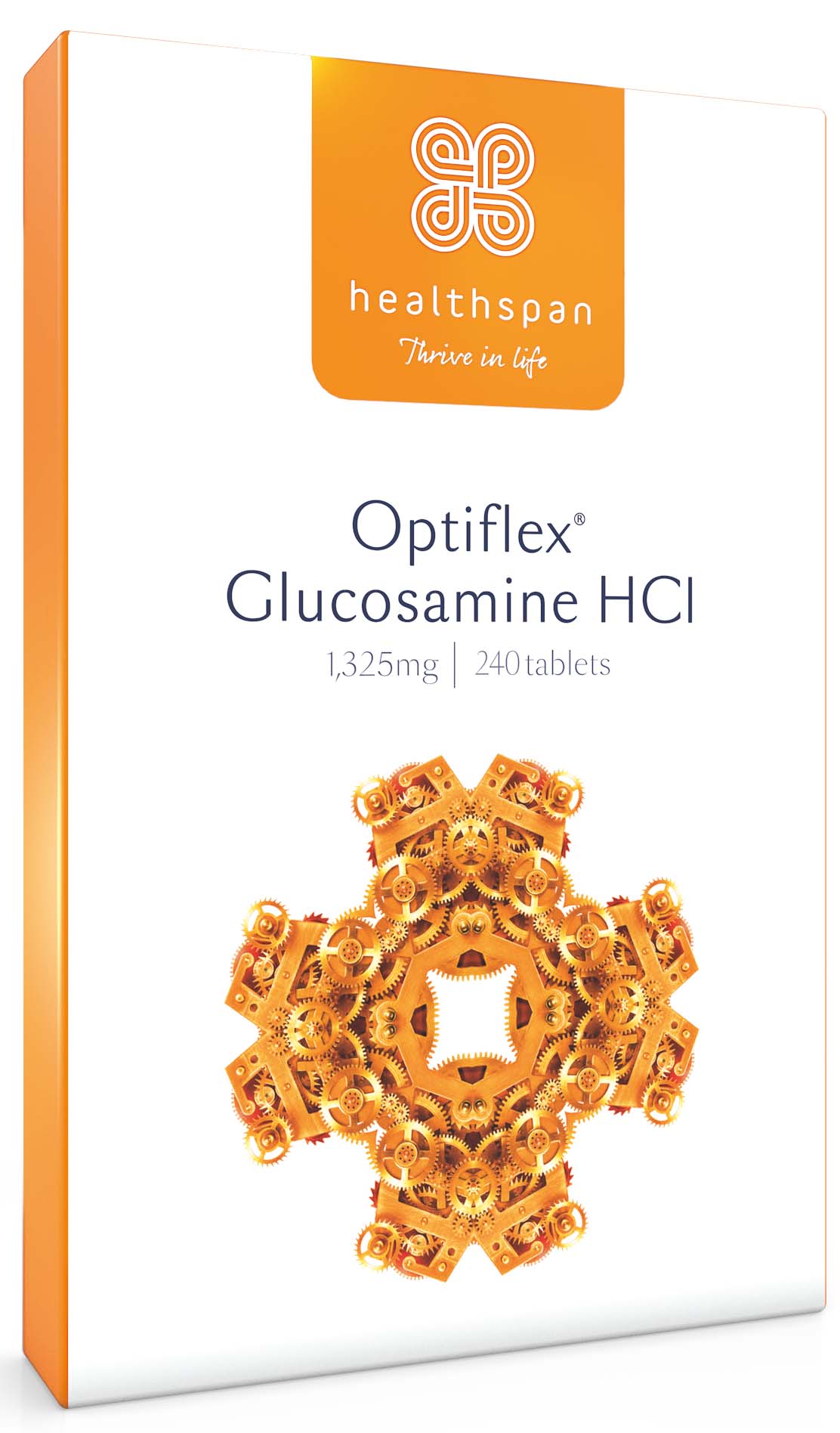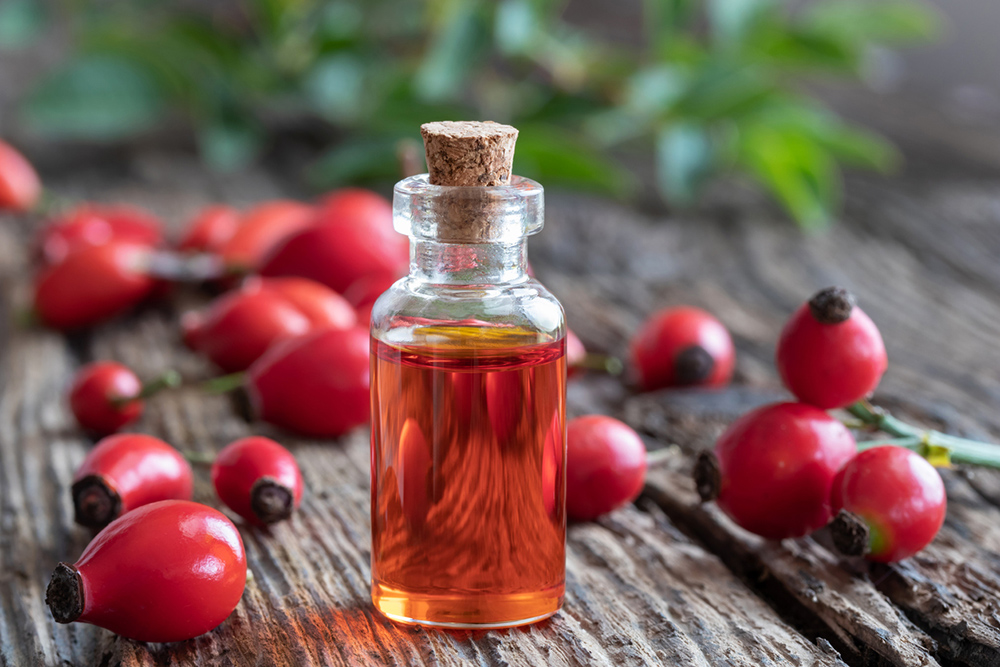Is arthritis and joint pain affecting your everyday life? You’re not alone. Although there is still no cure, there are some natural solutions that can help to relieve your symptoms
Are stiff and achy joints causing you pain? Have you had enough of not being able to get out of your chair without pulling the ‘ouch’ face?
According to OnePoll on behalf of Club Pilates, 2,000 adults found on average that knees start to creak at the age of 47 and the back ‘goes’ as early as age 44.
It also emerged that four in ten adults struggle to kneel down and one in five have difficulties getting up and down stairs.
Furthermore, nearly three quarters said they suffer from some sort of joint pain daily and around seven in ten also confess to making strange grunting sounds when getting off the sofa – that’s combined with the ‘ouch’ face.
As a result, 43 per cent of respondents wish they’d taken better care of their body when they were younger.
Dr Sarah Brewer, Medical Director for Healthspan, which commissioned the research, said: ‘The fact that people are starting to notice their bodies are weakening and aren’t as strong in their thirties is an early indicator that help is needed.
‘This can take the form of targeted exercise, dietary changes and taking nutritional supplements such as glucosamine and omega 3s. Looking after your body from a young age can also make the ageing process easier.’
According to a study published in The Journal BMJ Open, almost half (43.5 per cent) of adults are living with chronic pain, that’s just under 28 million people.
Arthritis is a common condition that causes pain and inflammation in the joints. But contrary to popular belief, arthritis doesn’t just affect old people, it can cause pain in people of all ages, as 14.3 per cent of those aged 18 to 25 are also affected.
As well as stiff, painful and swollen joints, some other common signs of arthritis include, inflammation in and around the joints, restricted movement of the joints, warm red skin over the affected joint as well as weakness and muscle wasting.
What causes joint pain?
Joint pain usually occurs as a result of infection, injury or arthritis and in the UK alone, more than 10 million people have arthritis or other similar conditions that can affect joints.
Osteoarthritis is the most common type of arthritis in the UK, affecting nearly 9 million people. It often develops in adults who are in their mid 40s or older and affects the smooth cartilage lining of the joint, making movement difficult and more painful than usual.
Indeed, the National Centre for Health Statistics, reported that one in five adults in England, over the age of 45 have osteoarthritis of the knee, and one in nine adults have osteoarthritis of the hip.
Arthritis leads to a natural breakdown of cartilage tissue which causes the bones to rub together resulting in painful swelling and stiffness.
Family history of the disease will increase your risk of it as will being overweight or repetitive use of the joint area.
Another common type of arthritis is rheumatoid arthritis, an autoimmune disorder that occurring when your body’s immune system attacks the tissues of the body that can spread across the joint, leading to further pain and swelling (this changes the joint’s shape, causing it to look larger and more swollen than usual).
Again, this isn’t just common in older people and can often start when a person is between 40 and 50 years old.
The exact cause of rheumatoid arthritis is unknown, although infection, genes and hormonal changes could be linked to the disease.
The best diet for your joints
First things first, maintaining a healthy body weight is essential so your joints aren’t constantly under pressure. But even beyond that, what you eat can make a difference too.
‘Following a healthy diet that includes anti-inflammatory foods can age-proof your joints,’ says Rob Hobson, Head of Nutrition at Healthspan.
‘This includes nuts, seeds and oily fish as well as brightly coloured fruit and veggies. This will help you maintain your body weight and take extra strain off your joints.
‘On the other hand, try to avoid inflammatory foods such as refined carbohydrates, red and processed meats as well as deep fried or take away foods.
‘You can also protect your joints by keeping active and stretching frequently,’ Hobson continues.
Exercise helps maintain joint flexibility and build muscle strength, as well as supporting the oiling and regeneration of joint cartilage.
‘Try to avoid high impact sports as this can put pressure on the joints. Strengthen your core and maintain a good posture and be aware of what you lift and carry on a day-to-day basis,’ suggests Hobson.
According to NICE guidelines, aim for 150 minutes of moderate aerobic exercise and two sessions of strength exercises per week. Or 75 minutes of vigorous exercise with two sessions of strength exercises per week.
If you have a serious illness or are on medication, it is essential to consult with your GP first before making any big changes to your diet or lifestyle.
Unfortunately, although exercise and diet can help to prevent arthritis and joint pain, there is still no cure. There is some good news though, treatments, medication and surgery can lessen symptoms.
If left untreated though, muscle and joint ache can be detrimental to your quality of life and leave you feeling unmotivated and downright miserable.
For those who are looking for a more natural solution compared to surgery and medication to help ease your joint woes, here are six natural solutions to help relieve your stiff and achy joints.
#1 For quick joint pain relief: CBD
Aside from anxiety, the most common reason for taking CBD oil is to help ease muscle and joint pain.
Cannabidiol or CBD oil – naturally sourced from hemp plants, is ‘one of the fastest growing well-being supplements in both the US and the UK,’ says Dr Sarah Brewer, Medical Director at Healthspan.
‘CBD hemp extracts have analgesic and anti-inflammatory effects on joints, that can help to improve pain and stiffness’, says Dr Brewer.
While many studies on CBD oil and joint pain are predominantly animal studies, a report on CBD oil and joint pain published in The Journal Clinical Experimental Rheumatology, suggests CBD should be taken seriously as a potential treatment and relief for joint pain.
CBD supplementation usually includes capsules, drops and sprays. CBD oil drops are often palatable and flavoured with peppermint, orange or lemon, whereas CBD capsules such as Healthspan’s High Strength CBD Oil capsules £13.95, tend to have no flavour – both options are easy and quick to take.
Capsules take around twenty minutes to an hour for you to feel any effect, while oil drops, (which are held in the mouth and under the tongue) may have noticeable effects within just a few minutes. Try Healthspan’s Super Strength CBD drops £28.95, for quicker pain relief.
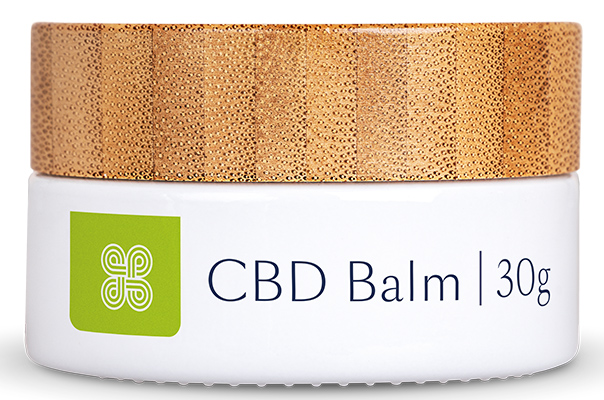
Try Healthspan’s Fragrant CBD Balm £19.95, containing broad-spectrum CBD oil, organic beeswax and therapeutic essential oils, perfect for rubbing over sore muscles and aching joints.
If you have a medical condition or are taking any medication, be sure to check with your doctor before supplementing with CBD.
#2 For joint protection as you age: Glucosamine and chondroitin
Glucosamine and chondroitin together make up the natural structural components of cartilage – the connective tissue that cushions our joints – and taken together as supplements can help prevent the degeneration of joint cartilage we get as we age.
Both are produced naturally in the body but unfortunately, the body’s ability to produce them lessens as we age.
If you are an athlete, play a sport or lead an active lifestyle, you may want to prevent the degradation of knee cartilage by supplementing with Healthspan’s Elite Active Joint Physio, £13.99 dissolvable tablets to help strengthen the cartilage and increase its elasticity.
The well-researched combination has also been shown help with joint pain and joint cushioning in those who suffer from arthritic symptoms.
In fact, a 2010 meta-analysis concluded that chondroitin together with glucosamine has beneficial effects on joint pain and mobility and a ‘structure’ modifying effect to significantly reduce the rate of decline in joint space and osteoarthritis in the knee.
Glucosamine in particular has many studies that prove its effectiveness in reducing joint pain.
In one study published in The Nutrition Journal, on 100 men and women, aged between 50-75 years, with a history of joint pain, half were given a joint pain supplement containing glucosamine sulfate, and the rest a placebo.
During the study, the participants agreed to avoid the use of anti-inflammatory drugs and all other medications and supplements that target joint pain.
Results from this randomized, double blind, placebo-controlled trial found that joint pain severity was significantly reduced in those taking the joint supplement containing glucosamine sulfate compared to those taking placebo.
‘A Gold Standard Cochrane meta-analysis (2005) of data from 20 randomised, placebo-controlled trials, found that glucosamine was more effective than placebo,’ explains Dr Brewer. ‘There was a significant 28 per cent reduction in pain and a 21 per cent improvement in joint mobility.
‘Glucosamine has also been seen as more effective for pain relief from osteoarthritis in the knee than anti-inflammatory drugs such as ibuprofen,’ adds Dr Brewer. ‘In four studies comparing glucosamine with non-steroidal anti-inflammatory drugs, glucosamine was superior in two and equivalent in two.
For joint pain and joint protection, try Healthspan’s Optiflex Glucosamine, £9.95.
#3 For overall joint health: omega 3s
Found predominantly in oily fish, omega 3 fatty acids have anti-inflammatory properties that may benefit people who suffer from arthritis or other types of joint pain.
In fact, ‘Omega 3 fish oils have a pain-killing effect like that of non-steroidal anti-inflammatory drugs,’ says Dr Brewer. ‘By reducing inflammation, they help reduce joint pain and swelling.’
Omega 3 fatty acids are a type of polyunsaturated fat, including alpha-linolenic acid (ALA), which is ‘essential’ as our bodies can’t make it, so we rely on obtaining it from our diet.
Oily fish such as salmon, sardines, trout and mackerel are rich in omega 3 fatty acids which can also be found in walnuts, flaxseeds and for quick fix lovers – omega 3 supplements.
Despite fish being the most important source of omega 3s, the National Diet and Nutrition Surveys (NDNS) show that average intakes of fish are consistently low, with UK adults eating an average of one third of a portion of fish a week.
‘Try to eat at least one serving of oily fish each week, that supplies 450mg DHA and EPA,’ suggests Hobson.
As well as eating oily fish, research suggests that taking omega 3 supplements may help to improve pain and joint function.
A 2017 systematic review and meta-analysis of randomized trials concluded that those who had suffered from achy joints including arthritic pain, saw their inflammation relieved by marine oil and omega 3 supplements.
Dr Brewer recommends having a daily supplement of 500mg omega 3 which combine EPA and DHA – the amount provided by two 140-gram portions of oily fish a week. Or, try Healthspan’s Super Strength Omega 3, sustainably sourced, 240mg DHA and 360mg EPA, 60 capsules £7.95.
Other important forms of omega-3 fatty acids include grass-fed meat and dairy, omega-3 enriched eggs, as well as game meats such as buffalo and venison.
It’s not great news for non-meat eaters, but there are some vegan sources of omega 3, including walnuts, quinoa, leafy greens, soy foods, chia seeds and oils, flaxseeds and oils, squash and beans – but these foods won’t necessarily provide large amounts of omega 3.
For this reason, vegans may want to consider taking a vegan friendly omega 3 supplement from sea algae.
#4 For anti-inflammatory effects: turmeric
And there’s yet another way to naturally help relieve aching joints.
Turmeric is the new kid on the block and the new magical ingredient with an abundance of health benefits including its anti-inflammatory and antioxidant benefits that help with arthritis, joint pain and muscle ache.
‘It is the compound curcumin found in turmeric that is important for joint health,’ says Hobson. Curcumin is what gives turmeric its bright yellow colour.
The importance of turmeric for health has long been known in the ancient medicines of India and China and now more recent scientific studies have shown just how many health benefits turmeric has for the entire body, including being clinically proven to ease joint pain and help to increase flexibility.
Indeed, a randomised, double-blind study on 201 patients with osteoarthritis, saw half take a placebo and the other half a 500mg capsule of curcumin twice daily.
After 12 weeks, the patients taking the curcumin dose had significant reductions in their pain, compared to those who were taking the placebo.
Try Healthspan’s innovative liquid capsule Opti-Turmeric, £8.95, that contain high potency curcumin and are up to 185 times better absorbed and seven times faster-acting than standard powdered turmeric.
#5 For optimal bone and joint health: magnesium
This essential mineral plays a crucial role in more than 300 functions in the body each day. It is also key for cardiovascular health, blood sugar balance and healthy nervous system function.
What’s more, magnesium deficiency can increase the risks of osteoporosis and this affects millions of people worldwide.
According to a study on 8000 participants between August 2014 and January 2016 by the testing company Mineral Check, around 70 per cent of Brits had low levels of magnesium.
It’s surprising, considering magnesium is found in many food sources such as, brown rice, green leafy vegetables, beans, avocados, almonds, dark chocolate, fruit, avocados, figs, chickpeas, salmon and tuna.
As well as being absorbed through the diet, magnesium is also absorbed through the skin. Soaking in a magnesium salt bath of Healthspan’s Magnesium Flakes Bath Soak, £9.95, will help to top up body levels and help to overcome dietary deficiency.
If you would like a quicker fix than a long hot soak in the bath, try Healthspan’s Glucosamine and Magnesium Gel £14.95, which can be rubbed onto sore muscles or joints.
Research suggests that supplementation could help improve bone health and may help to reduce the incidence of osteoporosis.
In a clinical trial of 12 weeks of physical performance in healthy elderly women, results have shown that daily consumption of a magnesium supplement may help to boost exercise performance especially as we age.
Furthermore, another study looking into the association between knee pain and magnesium intake from both food and supplements in 2548 participants with knee osteoarthritis, found that those who had a lower magnesium intake had worse knee osteoarthritis pain.
#6 The traditional remedy that works: rosehip
Like turmeric, rosehip has been used for thousands of years for its therapeutic benefits, and that includes arthritis and joint pain.
This may be due to the polyphenols and anthocyanins – both types of antioxidants – found in the oil, which are thought to reduce inflammation and joint pain.
Rosehip extracts work in a similar way to aspirin by blocking a group of enzymes that are involved in triggering inflammation.
The level of pain relief from rosehip was shown in four clinical trials to be equivalent to that achieved with non-steroidal anti-inflammatory drugs (NSAIDs), paracetamol and aspirin, but with fewer side effects.
As a result, half of people involved in the studies said they were able to reduce their use of painkillers and anti-inflammatory drugs when taking rosehip supplements, making it a good option for people who can’t take non-steroidal anti-inflammatory drugs (NSAIDs) or other pain medicines.
A 2008 review of studies showed rosehip powder reduced osteoarthritis pain better than placebo with no adverse side effects.
Make sure you choose a product from a known manufacturer, such as Healthspan’s Super Strength Rosehip, £11.95 to be sure the product is safe from pesticides.
Vaguely Relevant Healthista Content:
WIN an OMRON HeatTens Pain Reliever worth £128.99 and say goodbye to muscle and joint pains
5 natural fixes for joint pain proven by science
Healthista Content You May Also Like:
3 short workouts for weight loss
What’s the best diet for diabetes? The doctor’s opinion
5 best new boxing gyms in London
Anxiety? This one minute breathing technique will calm you down
Like this article? Sign up to our newsletter to get more articles like this delivered straight to your inbox.



